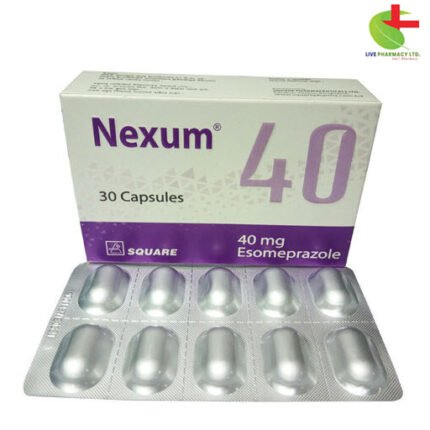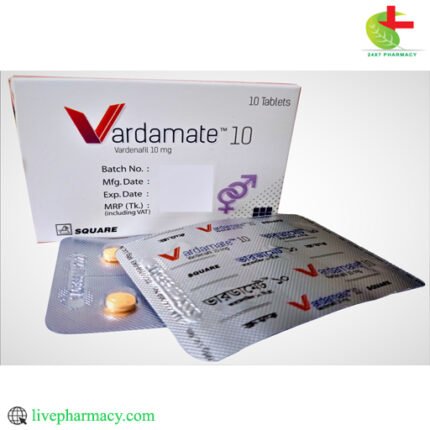Eprim Plus
360.00৳ Box
Eprim, derived from the seeds of the Evening Primrose plant, is a trusted remedy for various conditions, including premenstrual syndrome symptoms, benign breast disease, and rheumatoid arthritis. Rich in gamma-linolenic acid (GLA), it aids in maintaining normal cellular structures and serves as a precursor to prostaglandin production. With rare side effects at recommended dosages, it’s safe for most individuals, including pregnant and lactating women, who can benefit from its essential fatty acids for healthy breast milk. Store it below 25°C in a dry place, out of children’s reach, and away from direct sunlight.
 Brand
Brand
|
Square Pharmaceuticals PLC |
|---|---|
 Generics
Generics
|
Evening Primrose Oil |
Indications:
Eprim is recommended for various conditions including premenstrual syndrome symptoms (PMS), benign breast disease, cyclical mastalgia, lactation support, atopic, allergic, and neurodermatitis, psoriasis, hypertension, rheumatoid arthritis, thrombosis, atopic eczema, as a dietary aid, and for promoting healthy skin, nourishing brittle nails, and hair.
Description:
Eprim, derived from the seeds of the Evening Primrose plant native to North America, has been utilized in European medicine since the 16th century. Clinical studies have highlighted its effectiveness in addressing issues related to essential fatty acid (EFA) deficiency, such as PMS, atopic eczema, inflammation, and diabetic peripheral neuropathy. Rich in gamma-linolenic acid (GLA), Eprim contributes to maintaining normal cellular structures and serves as a precursor to prostaglandin production.
Pharmacology:
Evening Primrose Oil, with its gamma-linolenic acid (GLA) content, plays a crucial role in improving EFA composition in various bodily components. By supplying GLA, it facilitates the production of prostaglandin precursors, aiding in maintaining normal bodily functions and structures.
Dosage & Administration:
For atopic and allergic dermatitis, the recommended adult dosage is 1 capsule twice daily, while children should take 1 capsule once or twice daily. For benign breast disease and mastalgia, 1 capsule should be taken two to three times daily with or after meals. Similarly, for PMS, the recommended dosage is 1 capsule twice daily, and for rheumatoid arthritis, 1 capsule daily or as directed by a healthcare professional.
Contraindications:
Previously, evening primrose oil was not advised for patients with schizophrenia. However, recent analyses did not show a clear therapeutic or adverse effect of evening primrose oil supplements on schizophrenic patients.
Side Effects:
Side effects are rare at recommended dosages but may include loose stools and abdominal pain in cases of overdose.
Pregnancy & Lactation:
Evening primrose oil, containing essential fatty acids crucial for human breast milk, can be safely consumed during nursing, as recommended by the World Health Organization (WHO) guidelines. Pregnant or lactating women should ensure that EFAs constitute 5% of their total daily caloric intake.
Therapeutic Class:
Eprim falls under the category of herbal and nutraceutical products.
Storage Conditions:
Store Eprim below 25°C in a dry place, away from direct sunlight, and out of the reach of children.













Reviews
There are no reviews yet.